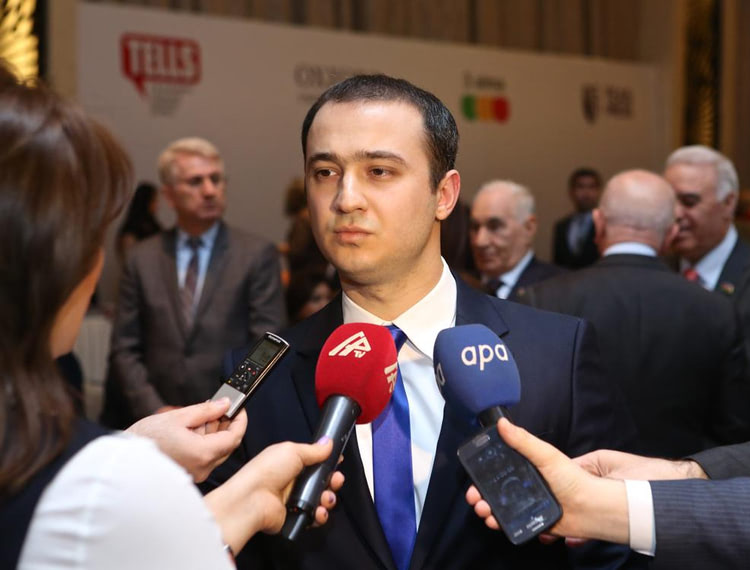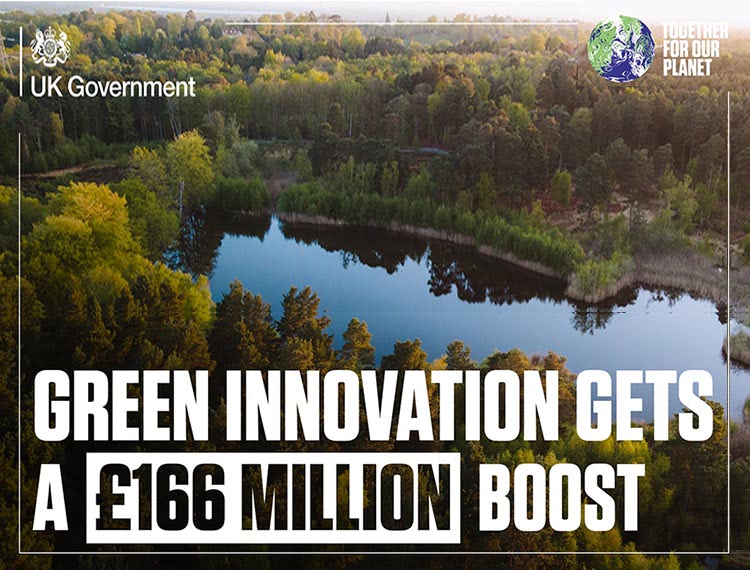COP26 as a turning point for the job market of the future

COP26 and the Future of Work
Since the outbreak of COVID-19, the world has been engaged in a collective struggle to combat the spread of the virus and the pandemic.
The efforts of health workers and scientists have been nothing short of amazing in response to the crisis.
However, for years we have been living through another pandemic that threatens the planet that we live on – climate change.
The climate emergency was a niche topic just a few decades ago.
Today, the issue of global warming is front and centre for both political leaders but broader society as well. In a matter of months, the UN COP26 climate change conference will be held in Glasgow.
The focus of this event will be on how nations can collectively combat the most persistent risk to humanity.
COP26 as a turning point
COP26 will ensure that climate change remains a key focus for national governments, businesses, and policymakers in the years ahead in addition to the ongoing response to the pandemic. As well as acting as a forum for nations to renew their commitment to combating climate change, COP26 must help raise awareness of the risk of rising CO2 emissions among the general population worldwide.
If humanity can come together and respond with such a sense of urgency and dedication to the threat of climate change as it has done to combat COVID-19, we may be able to arrest its catastrophic impact on our planet. I hope COP26 will be a turning point in helping drive fast and effective action from governments, corporations, and individuals to combat the climate crisis. Indeed, with CO2 levels in the atmosphere reaching record levels in 2020, it is clear the time to act on climate change is now before it is too late.
A changing job market
The education sector has many roles to play regarding the climate crisis. In terms of future-proofing students, leaders in the education sector must ensure their institutions are ready to prepare young people for the jobs of tomorrow and the coming shift in the labour market. Schools, universities, and other learning institutions must teach pupils the skills needed to succeed in emerging green industries and technologies such as offshore wind and electric vehicles. Indeed, although some sectors may be in their infancy at this juncture, educators must make young people aware of job opportunities that may not be numerous at present but will be so in the years ahead.
The ‘green revolution’ offers economies a key point of differentiation and job creation opportunities. Ensuring students are aware of the changing job landscape and are equipped for the jobs of tomorrow is a key priority at the European Azerbaijan School.
Talk of a changing job market is not mere speculation; it is a coming reality and a priority of governments worldwide. In the United States, President Biden has plans to create over 10 million clean energy jobs. In my home country of Azerbaijan, the International Finance Corporation (IFC) recently signed a memorandum of understanding to help Azerbaijan develop its offshore wind capacity. Significant investments and emerging policy positions will transform the job market globally in the years ahead. In the UK alone, research by Parity Projects suggests that over 200,000 jobs could be created in the field of energy efficiency by 2030.
Drawing upon the lessons of COVID-19
With the pandemic still raging in many areas of the globe, particularly affecting the poorest in society, it is too early to say the threat of COVID-19 has receded.
However, the COVID-19 pandemic has shown the immense power of collective responsibility and focused action. The tremendous tenacity and sense of solidary of health workers under conditions of utmost stress is something we should all admire. The swiftness in developing numerous COVID-19 vaccines shows the power of investing in science.
If we are to tackle the threat of climate change successfully, we must take heed of these learnings. Investment in research, collective responsibility, and a ruthless determination to overcome one specific threat are themes visible in humanity’s efforts to combat COVID that we should take inspiration from as we fight climate change.
Alongside this, it is imperative that educational institutions prepare our young people for tomorrow’s jobs market to ensure our youth can seize the many opportunities our collective effort in ‘greening’ the economy will bring. We owe it to them to provide the best possible future, equipped with the skills needed to flourish in tomorrow’s world.
Tale Heydarov is the Chairman of Gilan Holding, Founder of the European Azerbaijan School, Azerbaijan Teachers Development Centre, Libraff bookstores network, TEAS Publishing House, and until recently served as the President of Gabala FC football club (Azerbaijan Premier League) and Gabala Sports Club












Responses